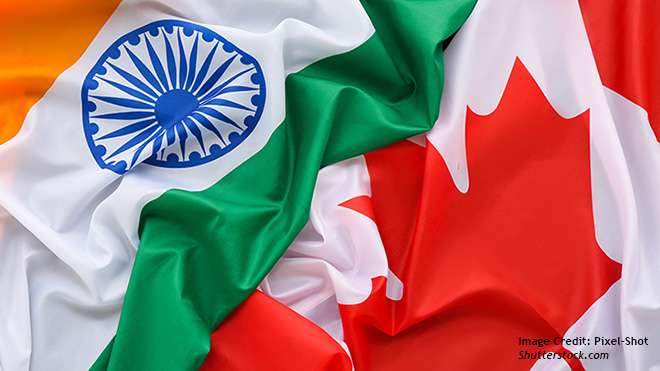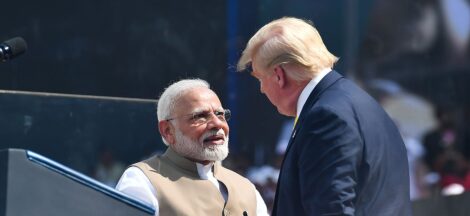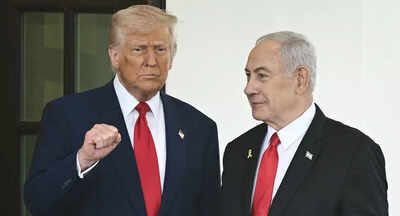Canada is escalating its diplomatic feud with India by signaling the potential for sanctions, following accusations that Indian agents were involved in the murder of Hardeep Singh Nijjar, a Sikh activist and Canadian citizen. This development comes after months of strained relations, marked by mutual expulsion of diplomats and growing hostility between the two nations.
Prime Minister Justin Trudeau has made clear that his government will not tolerate foreign interference on Canadian soil. He described the situation as “unacceptable,” reiterating that Canadian law enforcement had uncovered compelling evidence linking Indian officials to Nijjar’s assassination in Vancouver last year. Canadian police continue to investigate the case, while also pointing to broader concerns of foreign interference, including coercive tactics targeting South Asian communities across the country.
In response to these allegations, Canada expelled six Indian diplomats, which was swiftly reciprocated by India. The diplomatic tit-for-tat deepened as India rejected the accusations, calling them “preposterous” and politically motivated. India’s Foreign Ministry has consistently denied any involvement, criticizing Canada for failing to provide explicit evidence while accusing the Canadian government of pushing a false narrative. Despite requests for more cooperation from India, the investigations have not seen any meaningful collaboration.
This marks a severe downturn in bilateral relations, which were historically amicable. The two countries had shared strategic interests, particularly in trade and security, but these ties have deteriorated rapidly. Canada is home to one of the world’s largest Sikh populations outside India, many of whom advocate for an independent Khalistan state, a movement India has long deemed a national security threat. Nijjar was an outspoken proponent of this cause and had been wanted by Indian authorities for years. His assassination, which Canadian authorities claim was linked to Indian agents, has reignited concerns over foreign interference within the Sikh diaspora.
The broader geopolitical implications of this diplomatic rift are also becoming apparent. Canada has received backing from some of its allies, including the United States and the United Kingdom, which have expressed concern over the allegations. The possibility of sanctions, which Canada has hinted at, could place additional pressure on India, especially if coordinated with its Western partners. Although no formal announcement regarding sanctions has been made, the Canadian government is considering its options as it seeks to hold India accountable.
The situation has further polarized Canada’s political landscape, with opposition parties calling for more decisive action against India. Human rights groups within the country have also demanded stronger protection for minority communities, particularly Sikhs, who feel increasingly vulnerable. On the other side, India has called for calm, but maintains its hard stance, warning of retaliatory measures if Canada continues to escalate the matter.
While both governments are navigating their next steps, the diplomatic fallout has already affected various aspects of their relationship. Trade negotiations between the two countries have stalled, and security cooperation is in jeopardy. Canada is also facing domestic pressure to address broader concerns around foreign interference, as more cases of alleged Indian involvement in unlawful activities within its borders have surfaced. This has raised alarms about the extent to which foreign governments may be able to exert influence on Canadian soil.




 SEBI Accused of Collusion with ICICI Securities in Dispute
SEBI Accused of Collusion with ICICI Securities in Dispute 